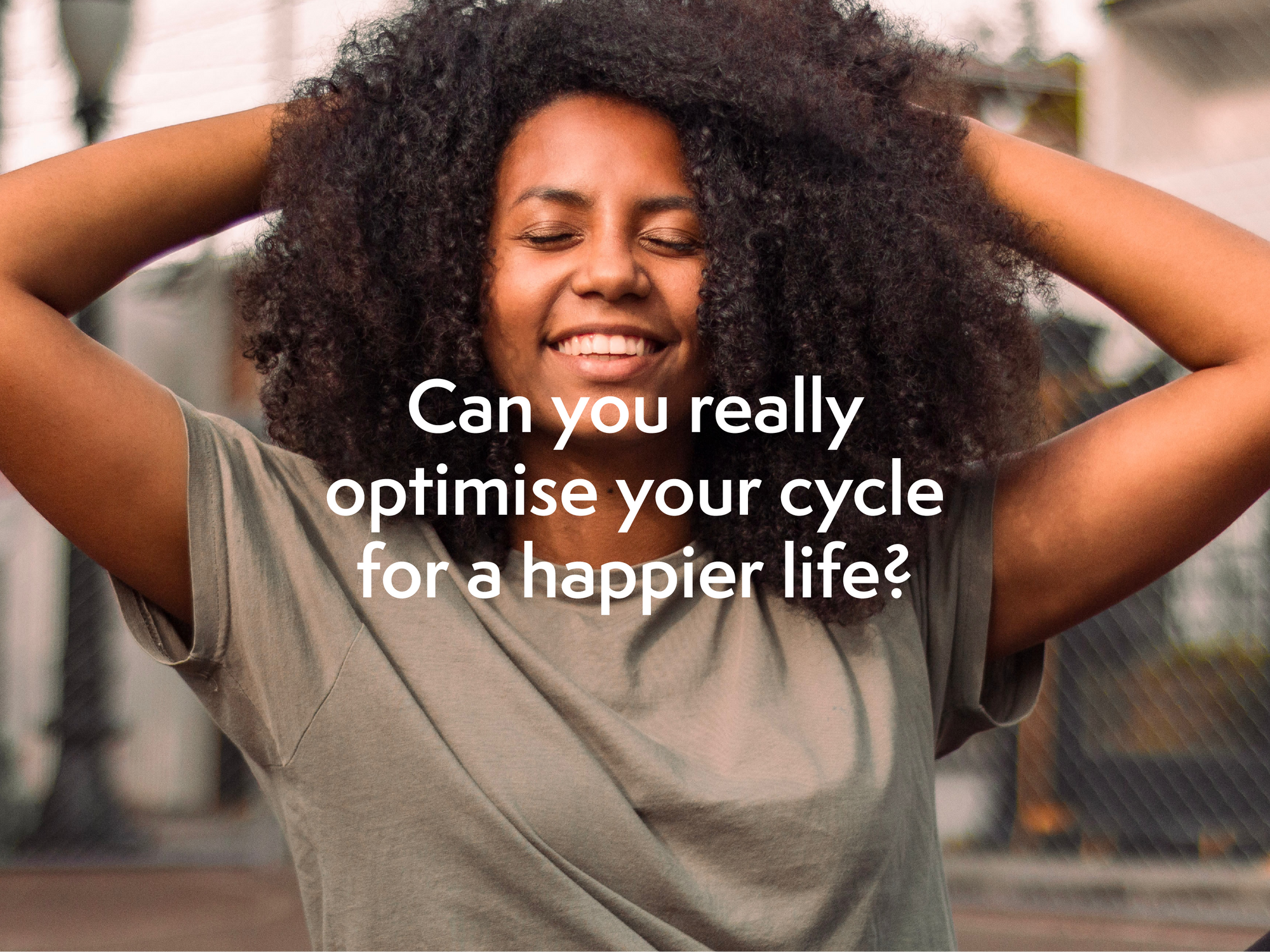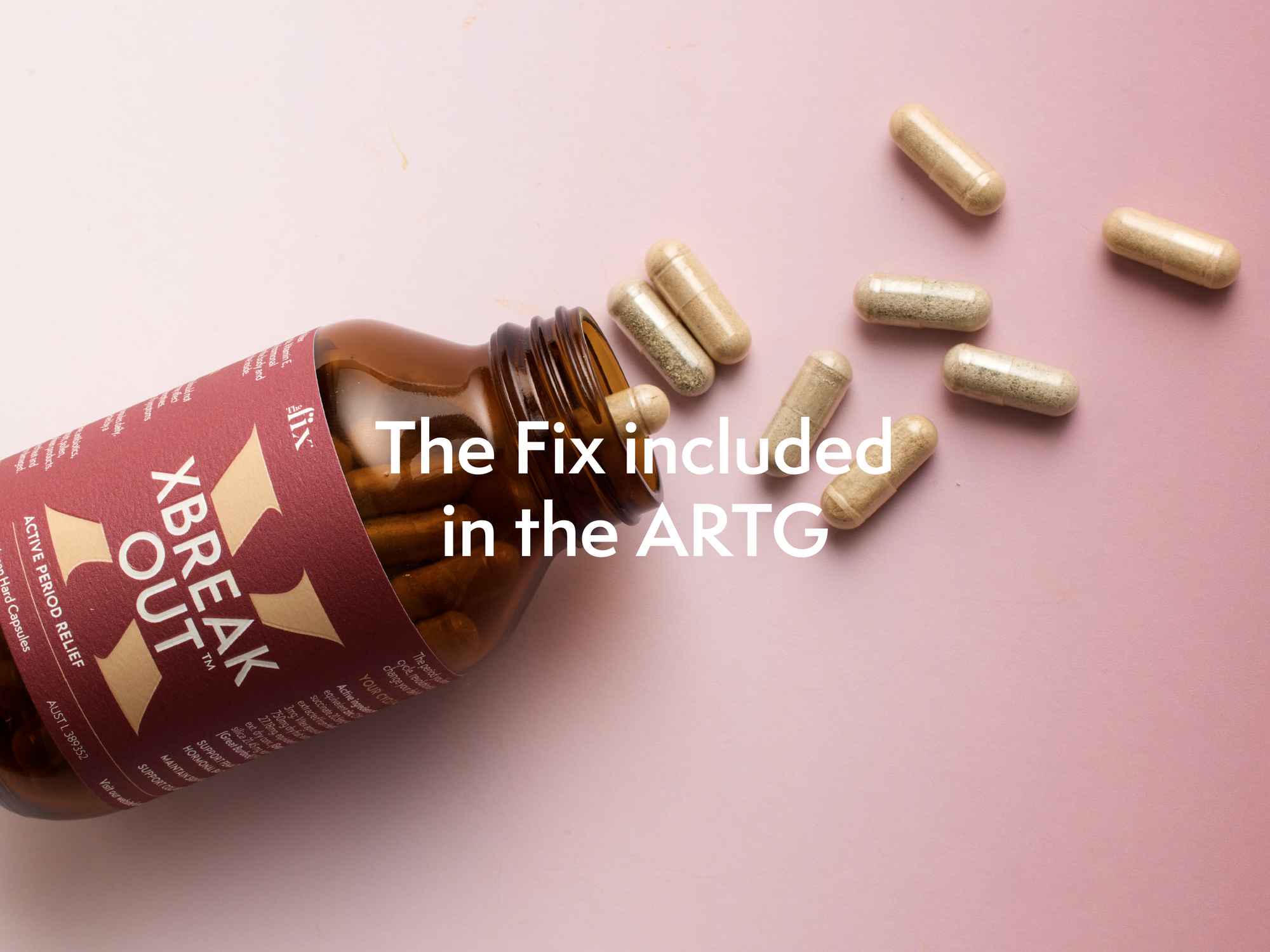Menstruating as a Non-Binary person: a conversation with Mackenzie Keenan.
Think back to your first period. After that first blood-curdling cramp, the stained knickers and maybe even the waddle to the school nurse for a pad and fresh pair of undies, what were the conversations that came after?
For me, and I think most first-time menstruators, mine were with older women and the friends around me that weren’t such late bloomers. My freshly blood-stained undies and tear-stained face were met with a charged mix of consoling and congratulatory messaging regarding my long-awaited entry into womanhood.
“Don’t worry, it just means you’re a proper grown-up woman now!”
“Every girl goes through this, it’s part of womanhood!”
“You’ll get used to it. It’s a right of passage for every woman!”
As a cis woman, this ‘entry into womanhood’ rhetoric presented no issues for me. If anything, it made me feel like I was a part of something powerful. But this isn’t the case for all menstruators.
For genderqueer people who bleed, a period being understood as the utmost symbol of womanhood doesn’t exactly fit and can bring up incredibly complicated feelings around menstruation.
Mackenzie Keenan is a menstruating, AFAB, non-binary person. They changed their pronouns to they/them about two years ago.
“I've always struggled with gender expression and feeling comfortable being feminine or being masculine. And eventually, I was like, ‘well, I'm neither, I'm me,’” Mackenzie said.
“So I feel like when I found out about the term ‘non-binary’... and through my own education on it, I realised that I felt more comfortable with those terms for me, personally.”
Although coming into their non-binary gender identity and expression was incredibly freeing for Mackenzie, it did complicate their feelings surrounding their monthly bleed.
“It was definitely, I don't know if the right word is triggering, but confronting,” they shared.
In the early stages of settling into their non-binary gender identity, Mackenzie recalled viewing their period as something they felt invalidated their gender queerness.
“You're constantly fighting this inner demon within you that's reminding you that, ‘you're a girl…’ so when it came to changing my pronouns, and then also discovering that obviously, I'm going to be having my period [due to] not being on any forms of birth control, it was really invalidating for me, as an individual,” Mackenzie said.
“Invalidating [in the sense] of how I would express myself. Because it was like my body was telling me something else when my mind was telling me how I feel inside.”
For Mackenzie, it took a while to come to get on comfortable terms with their period.
In the process of getting there, they told me that they’ve found the steady increase in more gender-diverse representation of menstruators, as seen in branding for period care, incredibly helpful.
“Representation is vital, within forms of marketing, campaigning, writing… talking about people's experiences – I think that's really important,” they said.
“I feel like there has been a major change in terms of this representation within the past few years.”
Albeit there’s still a long way to go in de-gendering how we market period care to the masses (we’re looking at you, ‘Feminine Hygiene Isle’) Mackenzie added that “feeling seen” in even just a few ads here or there has made a profound impact on rewiring their relationship with their period.
As Mackenzie touched on earlier, settling into their non-binary identity did initially throw their relationship with menstruation into a rocky place.
But recently, since exploring their sexuality beyond heteronormative bounds, they’ve discovered a newfound empowerment in having a period.
“When I did identify as female, I was actually predominately in cis, straight relationships. So it was a good thing, getting my period only because it meant [I was avoiding] the burdens of like pregnancy,” Mackenzie said.
Now, instead of viewing their period as a symbol of the relief of relinquishing parental responsibility for someone else, they’ve reclaimed their period as an “empowering marker of their health.
“I've reclaimed my period for myself,” they went on.
“[My period] can be really, internally difficult to battle with, but also, I really do try and direct it towards things that are more empowering… looking at it as a sign that my body is healthy and working.”
The fact of the matter is, not all women menstruate and not all people who menstruate, are women. We know this.
But while we continue to work towards destigmatising the experience of menstruation for our genderqueer friends through inclusive language and less cis-normative marketing, Mackenzie suggested that if you too are a genderqueer person struggling with you’re period, you treat yourself with kindness through your cyclical bleed.
“Hold space for what you're feeling because it's still really valid and whatever you're feeling about [your period] doesn't determine how you identify,” they advised.
“Use those positive affirmations towards yourself… being patient and grateful that your body's working. That's what I like to do.”


